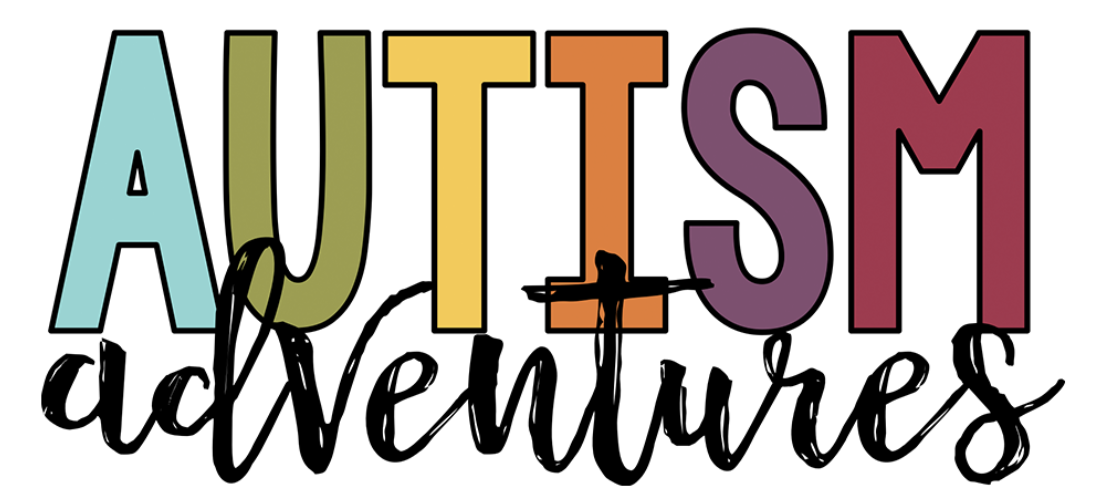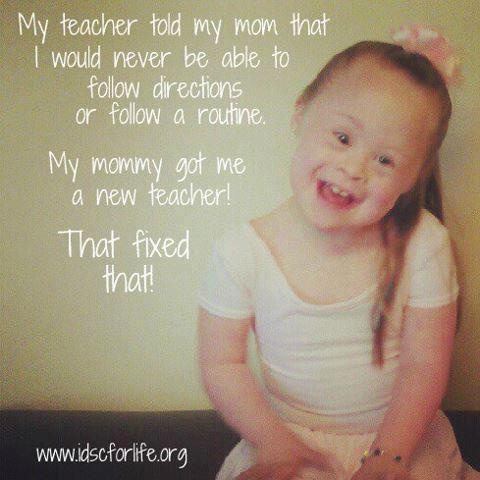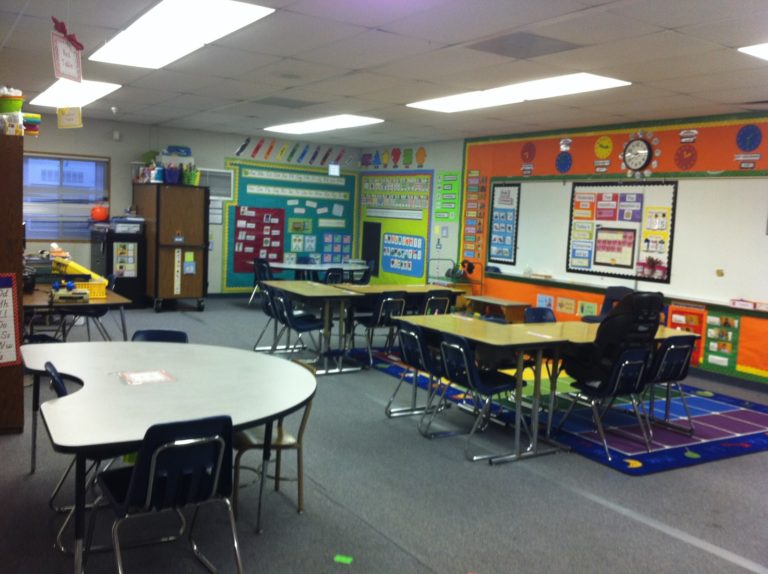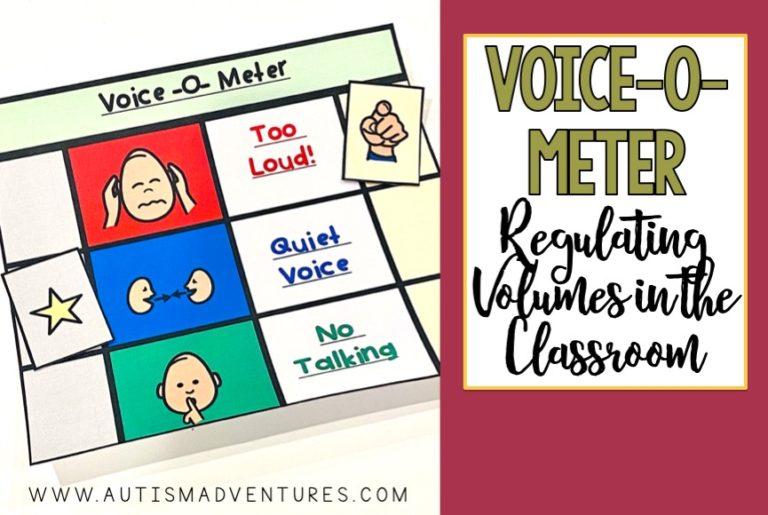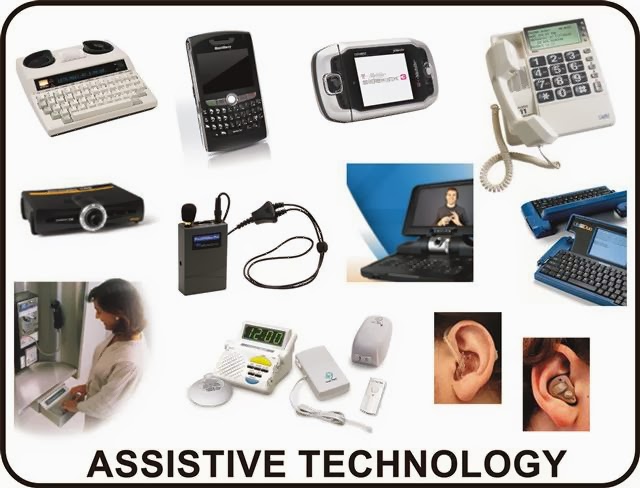Life With Legos- A Parent’s Perspective Guest Blog
This first guest blogger brought tears to my eyes when I first read her article. This story shares the challenges a Mom faced when advocating for her son. Her son was mistreated and the school shifted blame away from school personnel. Nobody wanted to take responsibility for her son during school hours and the school’s actions drove this mom to advocate for her son to find the right setting for her baby. I am inspired and in awe of the fight this mom made for her son.
To all teachers out there, I quote this guest blogger mommy, “Be interested in them; love them for who they are and who they can become.”
Reading her life story (only the small part she shared with us) makes me want to go hug all 11 of my kiddo’s and tell them I love them and to tell them how special they are to me.
Life With Legos- Guest Blog from
Life With Legos
Contact/Follow her:
We have experienced most of the options available for
educating our son. Private school,
public school, hospital in patient, hospital home bound and will be using
virtual school in the fall. The only
thing we haven’t tried (yet) is home school.
We have also experienced every level of compassion, cooperation and
advocacy the education institution can offer.
educating our son. Private school,
public school, hospital in patient, hospital home bound and will be using
virtual school in the fall. The only
thing we haven’t tried (yet) is home school.
We have also experienced every level of compassion, cooperation and
advocacy the education institution can offer.
We have learned a lot from the teachers, staff and
administration we have worked with. At
times I think we learned more ‘how not to do it’ than ‘how to do it.’ My biggest bit of knowledge, in the truest
sense of the word, came from learning the laws.
Taking the time to find out what the law says my child is entitled to,
what our rights as a parents are and, not just what the school system has to
provide, but how they have to provide it and the time line in which they have
to provide it. I thought I knew a lot; I
thought I knew enough.
administration we have worked with. At
times I think we learned more ‘how not to do it’ than ‘how to do it.’ My biggest bit of knowledge, in the truest
sense of the word, came from learning the laws.
Taking the time to find out what the law says my child is entitled to,
what our rights as a parents are and, not just what the school system has to
provide, but how they have to provide it and the time line in which they have
to provide it. I thought I knew a lot; I
thought I knew enough.
I didn’t realize how wrong I was until my son was placed in
a new school (to access ASD services) and it was bad. Not just a difficult transition, but the
teachers and administration had zero tolerance for anything and everything. They expected ASD kids to learn and behave
the same as ‘the normal kids.’ Rather
than follow our son’s behavior plan and IEP, rather than get to know our child,
rather than taking the time to learn his triggers and set up his environment to
work for him, they plopped him in and became confrontational with him, and
restrained him, when he had a meltdown.
This became a daily event. They
would call me to come get him because they ‘couldn’t handle him.’ Isn’t that what the behavior plan is
for? Follow it! We felt as though the teachers and
administration didn’t care about our child.
They wouldn’t listen to us. They
wouldn’t listen to the behavior therapist.
We felt as if they didn’t care and couldn’t be bothered with him.
a new school (to access ASD services) and it was bad. Not just a difficult transition, but the
teachers and administration had zero tolerance for anything and everything. They expected ASD kids to learn and behave
the same as ‘the normal kids.’ Rather
than follow our son’s behavior plan and IEP, rather than get to know our child,
rather than taking the time to learn his triggers and set up his environment to
work for him, they plopped him in and became confrontational with him, and
restrained him, when he had a meltdown.
This became a daily event. They
would call me to come get him because they ‘couldn’t handle him.’ Isn’t that what the behavior plan is
for? Follow it! We felt as though the teachers and
administration didn’t care about our child.
They wouldn’t listen to us. They
wouldn’t listen to the behavior therapist.
We felt as if they didn’t care and couldn’t be bothered with him.
They tried to have him Baker Acted (he was transported to
the hospital, without a call to us, in a police cruiser) for saying “I would
rather be dead than come to school here.”
I would feel that way too if I was being restrained and injured daily. They had him arrested for Assault when he
threw mulch at a teacher after she denied him his earned reinforcer. Again he was transported, this time to
juvenile detention, in the back of a cruiser.
We had already hired an advocate, and now hired a lawyer; we demanded a
new school placement. We kept him home,
in fear of the school retaliating and calling the police on use for truancy,
until the new placement was final. Our son
would NOT go back there! He
was in ‘the school that must not be named’ AKA ‘the Voldemort School’ for only
several months, but the damage was, and still is, much longer lasting.
the hospital, without a call to us, in a police cruiser) for saying “I would
rather be dead than come to school here.”
I would feel that way too if I was being restrained and injured daily. They had him arrested for Assault when he
threw mulch at a teacher after she denied him his earned reinforcer. Again he was transported, this time to
juvenile detention, in the back of a cruiser.
We had already hired an advocate, and now hired a lawyer; we demanded a
new school placement. We kept him home,
in fear of the school retaliating and calling the police on use for truancy,
until the new placement was final. Our son
would NOT go back there! He
was in ‘the school that must not be named’ AKA ‘the Voldemort School’ for only
several months, but the damage was, and still is, much longer lasting.
After spring break we started at the new school, it was a
rough start. There were many bad days
and some meltdowns that required restraining, but it was not the ‘go to’
strategy here. It was the last resort,
as it should be. The new teacher and her
aids took the time to talk with us, talk with our child, to find out what he
liked and didn’t like, what annoyed him, aggravated him, what his triggers were
and how he liked to be talked to and how he liked to calm. Did he want a bean bag chair? Did he want to be left alone? Does he like pressure; we can get a heavy
blanket? When he would start to meltdown they would read his cues and intervene
before the meltdown escalated. They
would talk with him, not to him, and problem solve so the same
situation or circumstance could be avoided in the future. Within a few weeks most of the meltdowns had
stopped.
rough start. There were many bad days
and some meltdowns that required restraining, but it was not the ‘go to’
strategy here. It was the last resort,
as it should be. The new teacher and her
aids took the time to talk with us, talk with our child, to find out what he
liked and didn’t like, what annoyed him, aggravated him, what his triggers were
and how he liked to be talked to and how he liked to calm. Did he want a bean bag chair? Did he want to be left alone? Does he like pressure; we can get a heavy
blanket? When he would start to meltdown they would read his cues and intervene
before the meltdown escalated. They
would talk with him, not to him, and problem solve so the same
situation or circumstance could be avoided in the future. Within a few weeks most of the meltdowns had
stopped.
They saw his potential.
They saw the sweet, caring, compassionate, funny, creative, bright child
we saw. They respected him, and us. They
sought out his interests and strengths so they could build on them. They learned his challenges and needs and
addressed them. They were a team and we
were part of it. We felt included and
heard. We felt as if our child, through
our words and thoughts, led this team.
It was about him! He was with
this same teacher for the next two years. The second year, his behavior improved and he
had far more ‘star’ days than ‘slip’ days.
He even had ‘perfect’ days, many of them. Our son became a child who loved school,
loved his teachers and wanted to learn; he was not just getting by or hanging
on, he was thriving.
They saw the sweet, caring, compassionate, funny, creative, bright child
we saw. They respected him, and us. They
sought out his interests and strengths so they could build on them. They learned his challenges and needs and
addressed them. They were a team and we
were part of it. We felt included and
heard. We felt as if our child, through
our words and thoughts, led this team.
It was about him! He was with
this same teacher for the next two years. The second year, his behavior improved and he
had far more ‘star’ days than ‘slip’ days.
He even had ‘perfect’ days, many of them. Our son became a child who loved school,
loved his teachers and wanted to learn; he was not just getting by or hanging
on, he was thriving.
This past year, his third year with the team and his 5th
grade year, he set a goal of having ‘all star days.’ We had a conversation about no one being
perfect and that we all make mistakes.
We carefully balanced the conversation with ‘you can do it’ and ‘use
your strategies.’ Our son, who in 3rd
grade had experienced so much negativity at school, went through 5th
grade with one ‘slip day.’ He was
disappointed that he didn’t meet his goal, but recognized that no one is
perfect and we all make the wrong choice at times. We could not be more proud of him. This teacher, this team, had helped him grow
in so many ways; academically, socially, emotionally, his self confidence grew,
he was more patient and tolerant with things that had previously triggered a
meltdown.
grade year, he set a goal of having ‘all star days.’ We had a conversation about no one being
perfect and that we all make mistakes.
We carefully balanced the conversation with ‘you can do it’ and ‘use
your strategies.’ Our son, who in 3rd
grade had experienced so much negativity at school, went through 5th
grade with one ‘slip day.’ He was
disappointed that he didn’t meet his goal, but recognized that no one is
perfect and we all make the wrong choice at times. We could not be more proud of him. This teacher, this team, had helped him grow
in so many ways; academically, socially, emotionally, his self confidence grew,
he was more patient and tolerant with things that had previously triggered a
meltdown.
As we now transition into middle school, we are more
educated and better advocates for our son.
We have learned more acutely to recognize his strengths, learning style,
needs and needed supports. In our
transition IEP meeting it looked like things might not work in the best
interest of our child, we used the knowledge we gained, both legal and
experiential knowledge, to speak for our son.
His current ASD teacher was there, helping us advocate for him. The middle school staff listened to us as we
questioned the law, looked for options and tried to find a way to make a system
designed for ‘all’ children fit our unique child. We didn’t finish the IEP but have some
excellent strategies in the works that need to be researched and implemented at
the district level so we can complete an accurate, comprehensive IEP that will
meet the individual needs our son has so he can succeed.
educated and better advocates for our son.
We have learned more acutely to recognize his strengths, learning style,
needs and needed supports. In our
transition IEP meeting it looked like things might not work in the best
interest of our child, we used the knowledge we gained, both legal and
experiential knowledge, to speak for our son.
His current ASD teacher was there, helping us advocate for him. The middle school staff listened to us as we
questioned the law, looked for options and tried to find a way to make a system
designed for ‘all’ children fit our unique child. We didn’t finish the IEP but have some
excellent strategies in the works that need to be researched and implemented at
the district level so we can complete an accurate, comprehensive IEP that will
meet the individual needs our son has so he can succeed.
If you teach children with special needs, children who are
differently-abled, please take the time to get to know each child. Know their abilities, their personality,
their strengths, what they like, what they are
like. You will be told their weaknesses,
their challenges; that’s why they are in your class. Be interested in them; love them for who they
are and who they can become. Work with
the families to learn about their children.
Parents really do know their children best. Help families learn how to navigate the
system and advocate for their child.
This process, educating a child, shouldn’t be a ‘them vs us’ or ‘school
vs families.’ It should be a team; ‘us
(schools and families) against any educational barriers.’ Remember that you are being trusted with their
minds and hearts. You are helping shape them into the adult
they will grow to become. You are
helping them realize their potential and helping them reach it. You are setting the bar not only for their
cognitive and academic skills but for their life.
differently-abled, please take the time to get to know each child. Know their abilities, their personality,
their strengths, what they like, what they are
like. You will be told their weaknesses,
their challenges; that’s why they are in your class. Be interested in them; love them for who they
are and who they can become. Work with
the families to learn about their children.
Parents really do know their children best. Help families learn how to navigate the
system and advocate for their child.
This process, educating a child, shouldn’t be a ‘them vs us’ or ‘school
vs families.’ It should be a team; ‘us
(schools and families) against any educational barriers.’ Remember that you are being trusted with their
minds and hearts. You are helping shape them into the adult
they will grow to become. You are
helping them realize their potential and helping them reach it. You are setting the bar not only for their
cognitive and academic skills but for their life.
